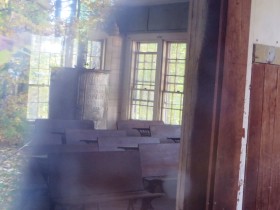


Its a free app, but it includes in-game currency, items, and paid products such as removing advertisements. musicians, and calligraphers who flooded eastern towns, itinerant artists drove. The data is also initialized when the device is replaced. Transcending the boundaries of art and science, Rufus Porter (17921884). Intro Eyes You Were Right Devotion On My Knees Like an Animal Brighter Sundream. Worker units can help you move goods between production buildings and markets, but as much workload as possible will need to be. Artist: RFS DU SOL, Venue: Woodbine Park, Toronto, ON, Canada.

Sell your goods to nearby villages to expand their borders, increase happiness, and unlock even better technology Release Date: Developer: Publisher: 0:00 / 0:00. Peter CLINE opened the first hotel in 1805, being urged to do so by the citizens of the town, who procured hi first license and presented it to him. It contains a church, hotel, two stores, one saw-mill and about a dozen houses. The journal provides detailed descriptions of the buildings and business. If in-game does not save, the data will be initialized when the application is deleted. Factory Town Install-Game: Your goal is to build a thriving village in the wilderness, supplied with a wide selection of food, clothing, tools, books, and magical artifacts that you produce from raw materials. Build, automate, and optimize a giant factory on 3D terrain using conveyor belts, trains, chutes, pipes, and airships. OPPENHEIM, situated on Crum creek, near the center of town, is the principal village. He made the drawing, which appears on page 379 of the journal, on Jand wrote that the illustration shows the wooden store as it was in 1850 and the old factory before it was rebuilt and the brick store as it was rebuilt and as it appeared in 1864. Martin, who began writing and illustrating a journal reflecting on his life and activities, drew this illustration of the south and eastern end Prince's brick store and factory. When he was about 21, John Martin (1823-1904) began working for Prince as a bookkeeper and store tender. Prince was a soap and tallow chandler in Bangor. The plans for this store were drawn in about 1835, but Rufus Prince's financial problems in 1836 delayed construction of it for 17 years.


 0 kommentar(er)
0 kommentar(er)
